Leading change
You have the power to change your world
On 29 June 2017, the Unisa College of Graduate Studies and its Institute for Social and Health Sciences (ISHS) hosted the twelfth Annual Peace, Safety and Human Rights Memorial Lecture at the Apartheid Museum in Johannesburg. This venue was a fitting backdrop for the lecture, as noted by the keynote speaker, Prince Mashele, since “nothing illustrates the strength, endurance and victory of the Will better than… the Apartheid Museum.”
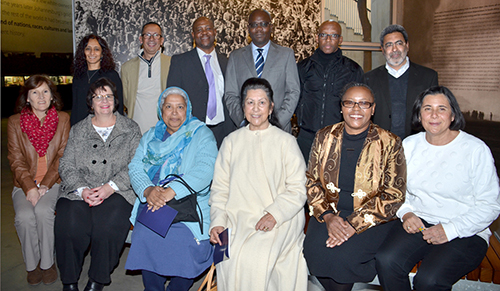
From left to right: Top: Shahnaaz Suffla, Ashley van Niekerk, Khotso Moabi. Prince Mashele, Kopano Ratele, Fareed Abdullah Bottom: Lu-Anne Swart, Michelle Havenga, Latifa Omar, Farida Omar, Nana Pheto, Mildred Dreyer
All of the speeches throughout the night focused on the crisis South Africa is currently facing and questioned whether building a society is harder than overcoming a system of oppression.
The lecture draws on the legacies of human rights activists Abdullah Omar and Joe Moabi, who fought an uncompromising battle against inequality and oppression and embodied compassion, self-respect, and dignity despite being faced by momentous struggles. Their legacies remind us that the fight against oppression and inequality consistently requires renewed commitment to equality and freedom, and that we need to guard against complacency.
During the proceedings, ISHS honoured the community of the Thembelihle Informal Settlement, Johannesburg South, who received the Most Integrated Community award from the Department of Home Affairs for their initiative to ensure safety for foreign nationals living and trading in the community. The Thembelihle Crisis Committee (TCC) was presented with the national Mkhaya Migrant Award on 11 December 2016.
“This lecture series seeks to highlight the challenges facing the culture of democracy, peace, safety and human rights in South Africa,” said Professor Michelle Havenga, CGS Executive Dean. “On the occasion of the twelfth Annual Peace, Safety and Human Rights Memorial Lecture we are reminded to renew our commitment to the cause of development, equality and freedom and to question the state of peace, safety and human rights in our country.”
“The ongoing attention to troubling social issues, the calibre of the invited speakers, and the space to reflect on key issues of the day, have all continued to deepen the legacy left by the late Minister Abdullah Omar and Mr Joe Moabi to South Africa’s ongoing democratic enterprise,” said Dr Fareed Abdullah, the representative of the South African Medical Research Council.
The keynote speaker, Prince Mashele, is the Executive Chairman of the Centre for Politics and Research, and a well-known commentator on South African politics. He delivered an astute address entitled Human nature and hope in South Africa today, which discussed the nature of the human Will, critiqued the precarious position South Africa is in today and called the audience to remember this is not the end nor the beginning for South Africa, and we must continue to fight an uncompromising battle against inequality.
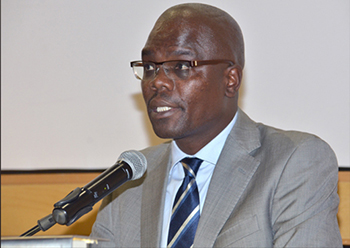
Prince Mashele
Opening his lecture, Mashele drew on Franz Fanon’s call for each generation to “discover its mission, fulfil it, or betray it” and commemorated Dullah Omar and Joe Moabi for dedicating their lives “selflessly to the noble ideal of freedom and the struggle against poverty and inequality”, stating that “Fanon must have felt very proud to encounter two political giants who fulfilled a mission here in South Africa” when he met them in heaven.
Mashele noted that humans are remarkable in their “capacity to subject our bodies to pain in order to derive contentment” and “Dullah Omar, Joe Moabi and their comrades threw themselves consciously into a liberation struggle that carried the real possibility of physical torture, including the possibility of paying the ultimate price—death.” This is what Mashele called the “highest form of moral self-fulfilment”. This stands in stark contradiction to Lucretius’ proposition that the “avoidance of pain is the chief motto behind human life.” Instead, Mashele argued that “the quest for an ideal is the terrain of the Will. It is when situated in this zone that man is able to defy even the severest of physical pain. The capacity of man to do this reflects the strength of his mental constitution.”
Mashele stated that the apartheid architects “convinced themselves that apartheid was a normal way of life, and that it would last until Jesus Christ came back”. This way of thinking was “because they shared Lucretius’s simple and plain conception of the essence of human nature as the avoidance of pain; the racist architects of apartheid believed that the harder you hit the victims of apartheid, the more they would submit.” However, he argues, “what these torturers of our past failed to understand is that, embodied in flesh as it is, the Will is less vulnerable and indeed far stronger than the body…the Will does transcend its embodiment.”
Mashele noted that despite the formal ending of apartheid, South Africa is still one of the most unequal countries in the world according to the GINI coefficient. South Africa is now a “millionaires’ paradise” that has left behind “a ballooning mass of social grant recipients”. South Africa is a space where money has deformed the humanity of “foolish and heartless wealthy people”. He further stated that “this rotten culture of conspicuous consumption has now spilled into our politics. Instead of being servants of the people, our ministers now see themselves and behave as if they themselves are millionaires.” “Money has not only corrupted our politics; it has perverted the character of our society” and “values such as honesty and integrity have been drained out of our politics.”
Mashele concluded his current analysis of the state of South Africa by stating that “our economy is disintegrating, unemployment is rising. Social despair is deepening.” However, there cannot be hope without despair.
After a heavily critical analysis of the state of South Africa, Mashele stated that “the prophets of Armageddon are also wrong. This is not the first, and certainly not the last of South Africa’s dark days. We are nowhere near the end. We have been through difficult times before.” Our ancestors must have had many moments where they turned to despair. Furthermore, South Africa is not the only country to have gone through times of great suffering. Mashele reminded his audience that “when we go through difficult times, it is tempting to think that only our sky is cloudy…But the history of humankind is not a straight line from bad to better. It is a baffling zigzag of one-step forwards, two-step backwards, three-step sideways, and so on, and so forth.”
“South Africa is nowhere near the end, and is nowhere near the beginning. Our history has not been a straight line of progress, and the road to the future is not a highway without potholes. We shall hit speed humps and get deluded by temporary smoothness from time to time.” Within the context of a society that is experiencing a disintegrating economy, increasing unemployment, and rising social despair, Mashele asked us to “find hope in the very nature of our own species”. A species, he states, borrowing concepts from Roberto Mangabeira, is “context-shaped, context-defying, and context-transcending”. Mashele concluded that “I have no doubt that we shall overcome our current challenges, even as I know that we will never be able to build a Utopia.”
It is Unisa’s privilege to continue to memorialise the legacies of Dullah Omar and Joe Moabi through hosting speakers who continue to strive for the realisation of an inclusive, egalitarian and safe society, such as Prince Mashele, at these annual lectures. As Mashele ended his lecture, and how it is fitting to end this report, “What you do today will be your past tomorrow, and it will be your legacy forever. Let your will be guided by hope. Despair not, for you have the power to change your world.”
*Submitted by Mildred Dreyer
Publish date: 2017-07-14 00:00:00.0


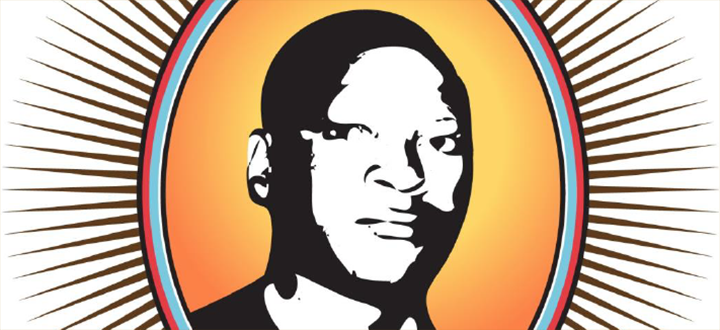 Unisa honours Dr OK Matsepe's enduring legacy
Unisa honours Dr OK Matsepe's enduring legacy
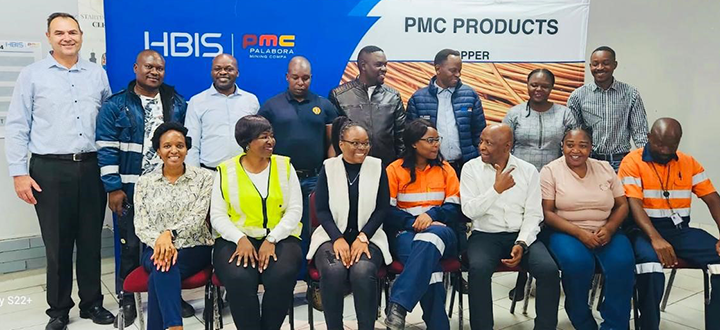 Great strides towards concretising Unisa-PMC partnership
Great strides towards concretising Unisa-PMC partnership
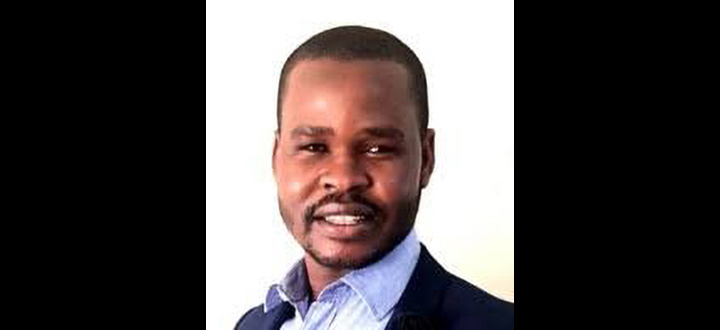 Mental health among men in the workplace needs more attention
Mental health among men in the workplace needs more attention
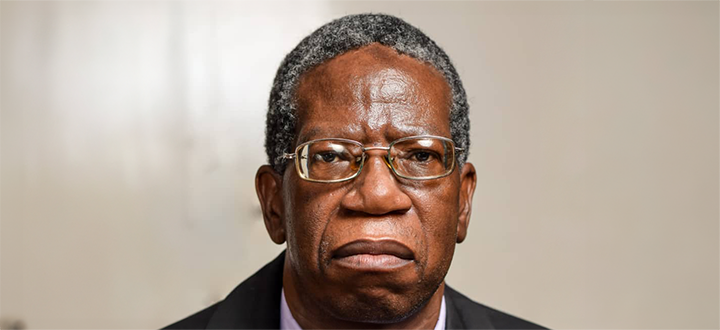 "I owe everything to Unisa and my late supervisor's priceless mentoring"
"I owe everything to Unisa and my late supervisor's priceless mentoring"
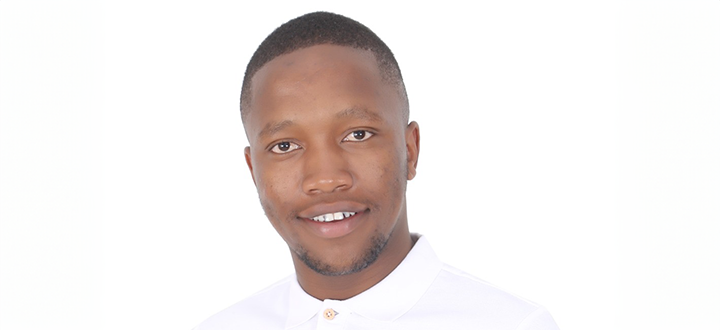 Majikijela - a queer scholar raising homosexuality awareness through his work
Majikijela - a queer scholar raising homosexuality awareness through his work